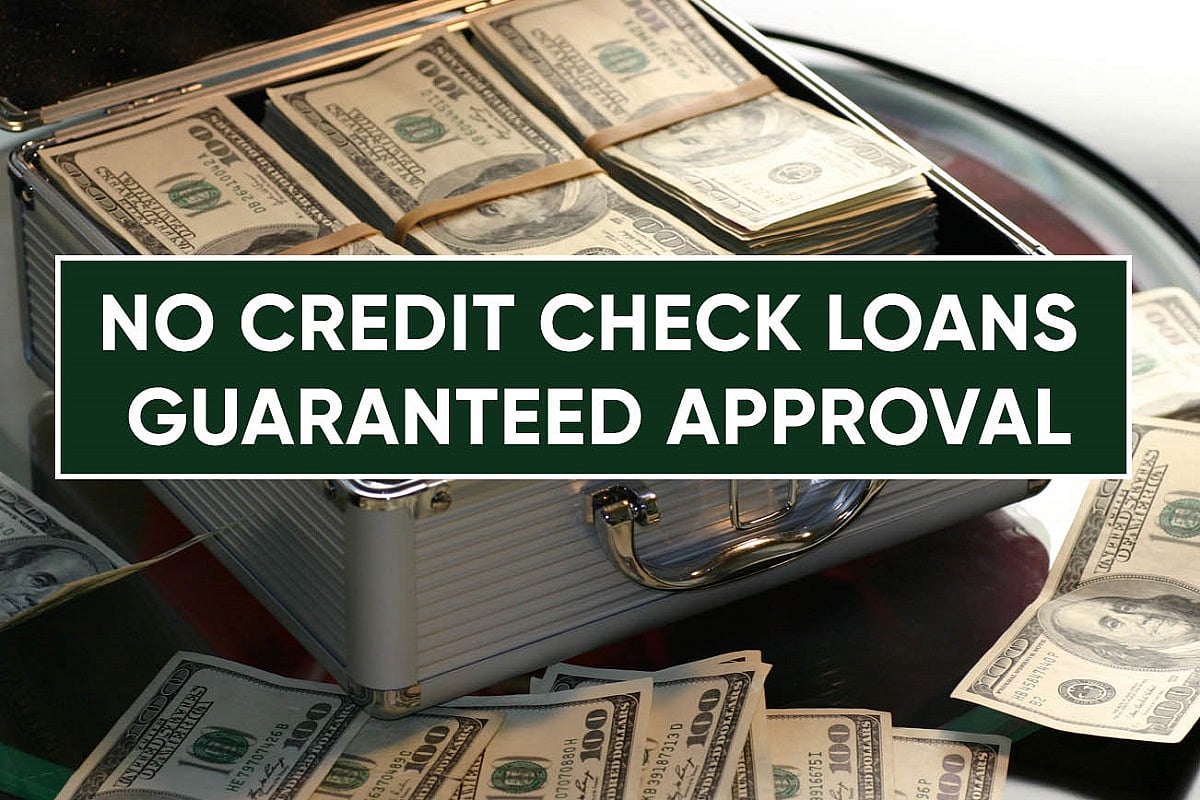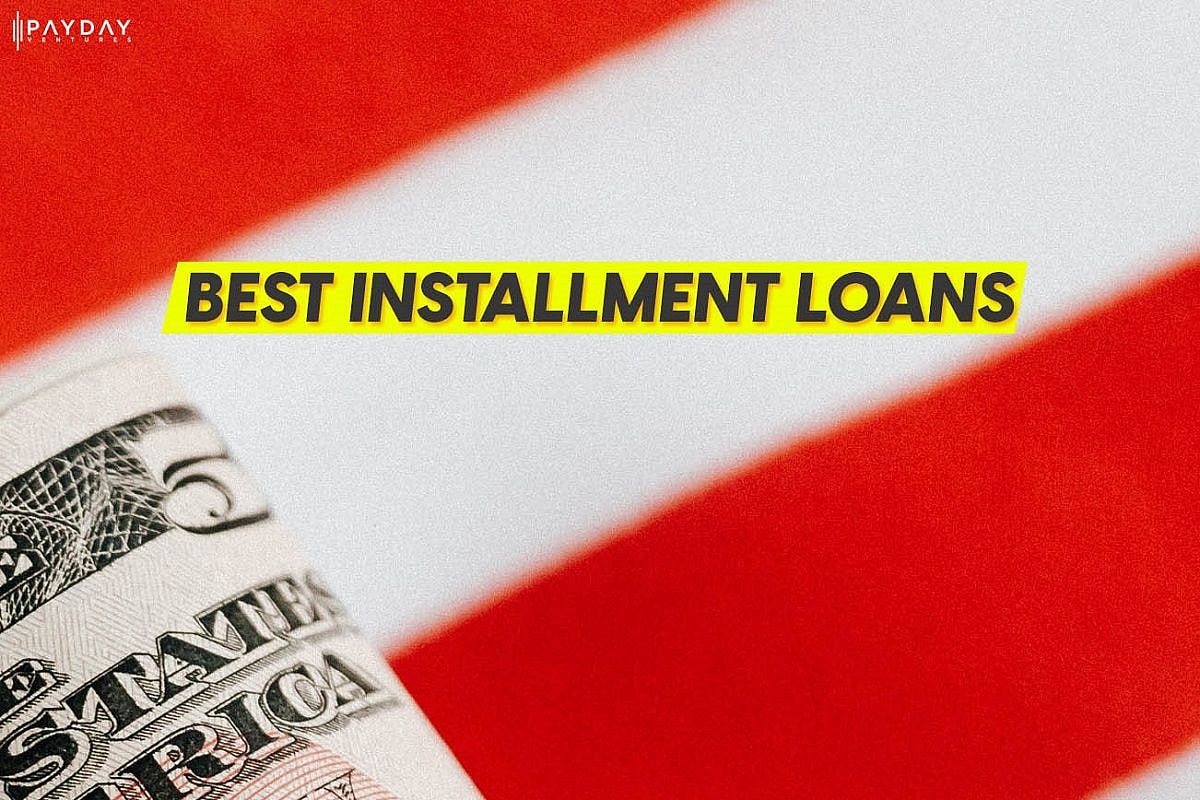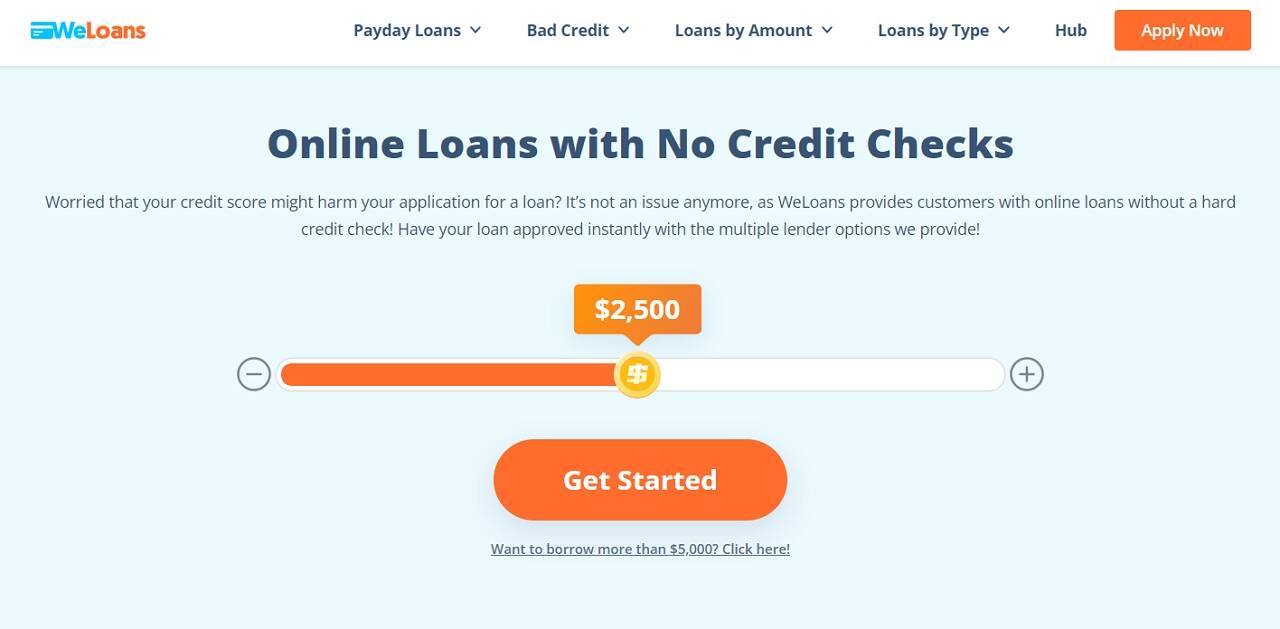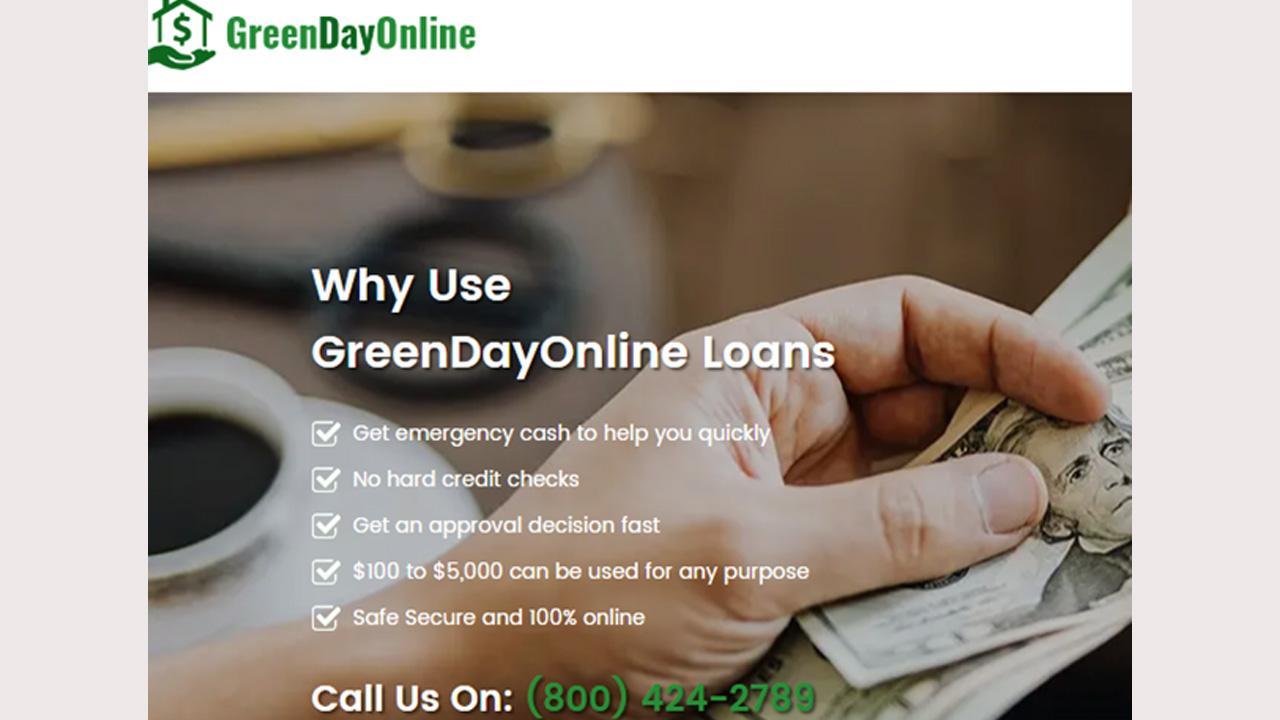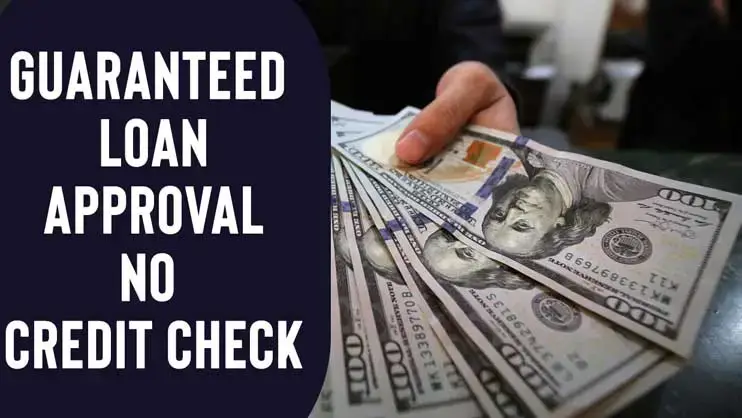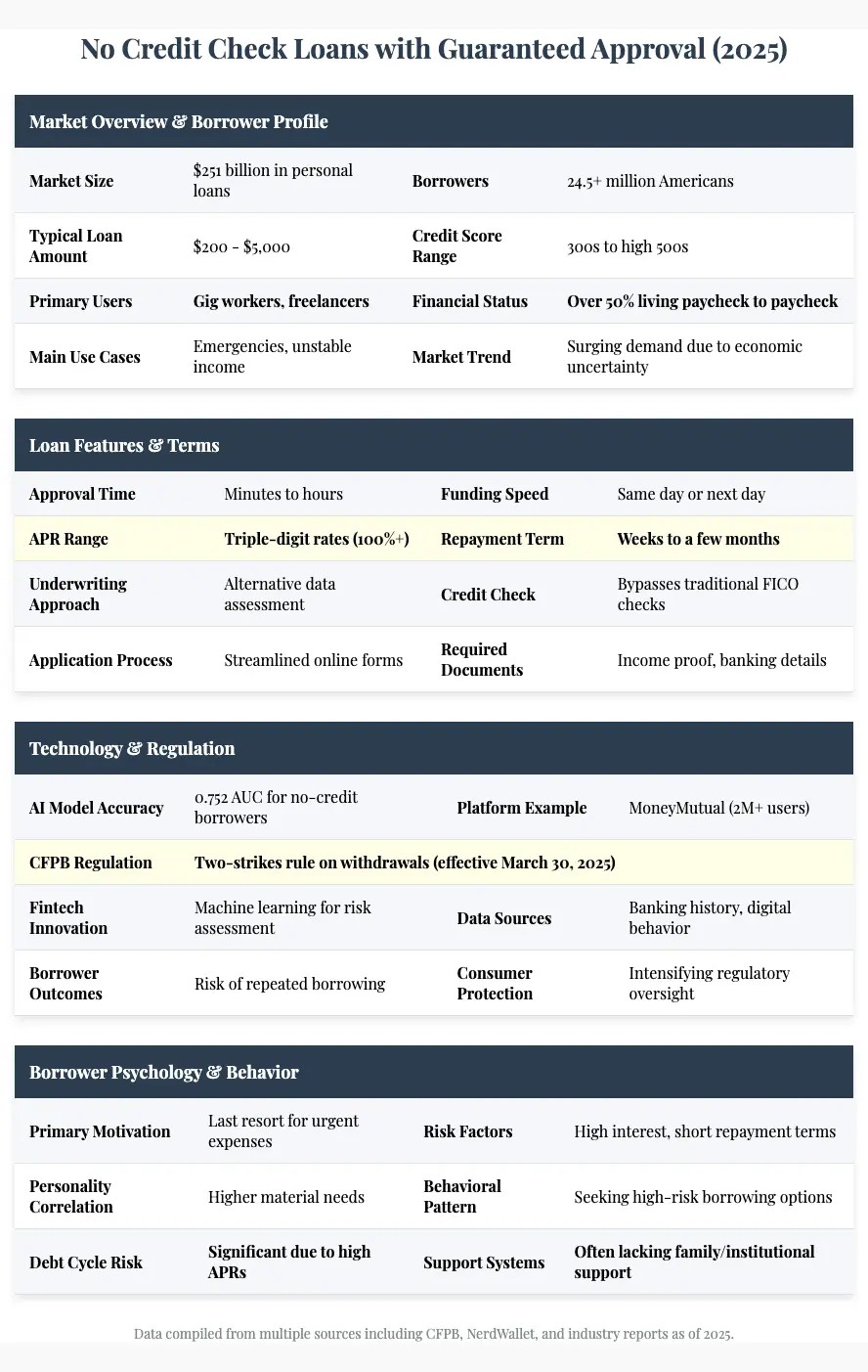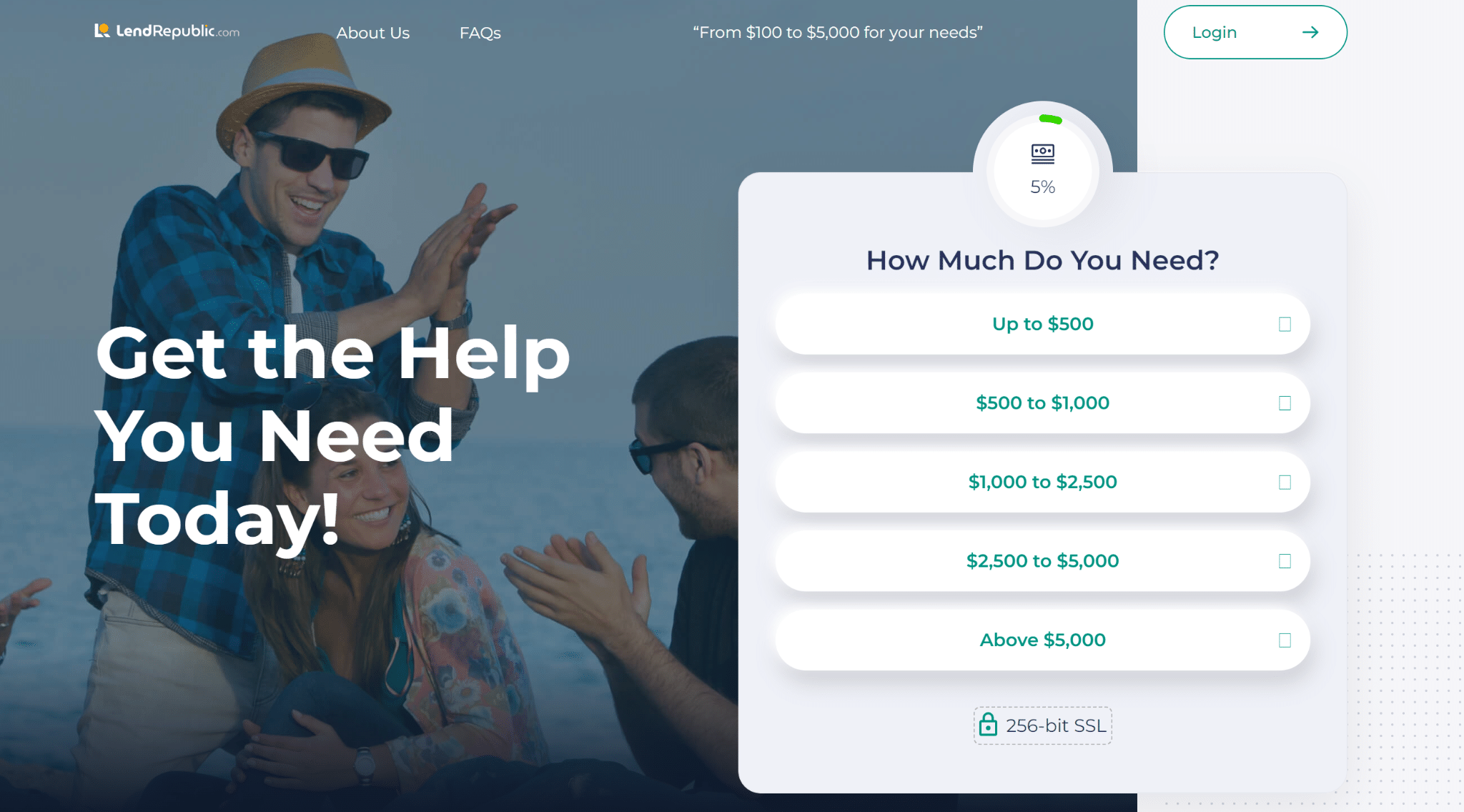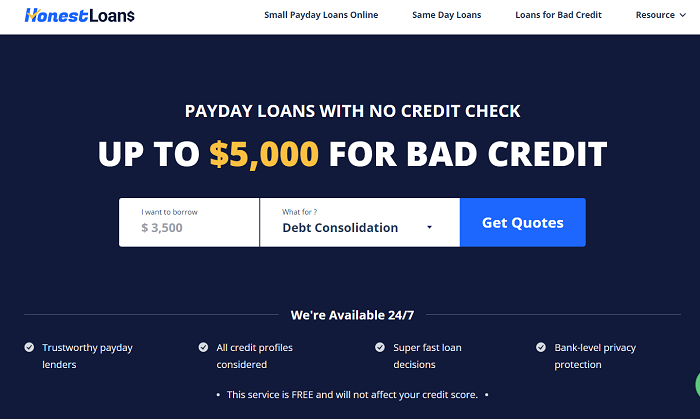Fast No Credit Check Loans Guaranteed Approval
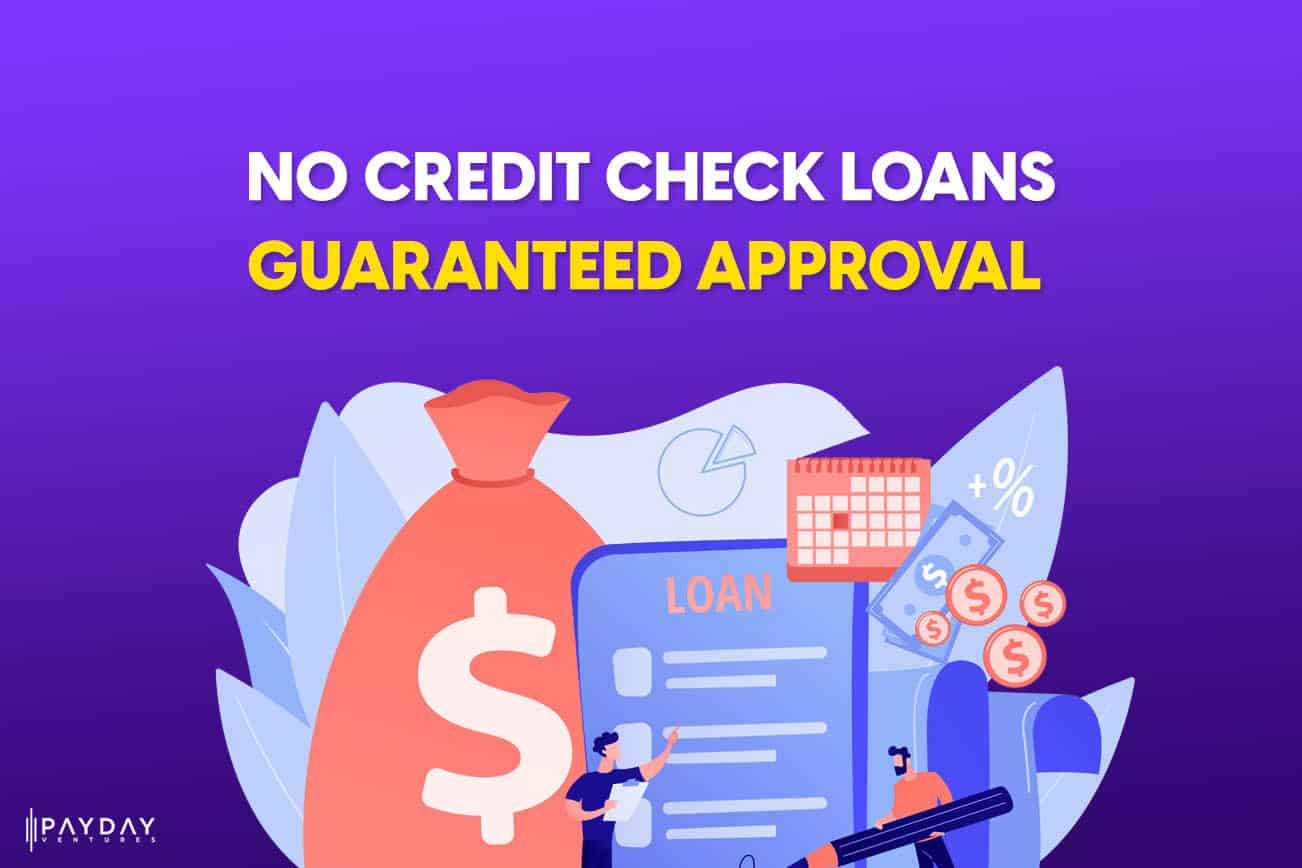
Consumer alert: Fast no credit check loans with guaranteed approval are aggressively advertised online, promising quick cash but often leading to a cycle of debt. These loans, frequently offered by online lenders, bypass traditional credit assessments, posing significant financial risks to borrowers.
These loans, while seemingly offering a lifeline, often come with exorbitant interest rates and hidden fees, trapping vulnerable individuals in a spiral of debt. Experts warn consumers to exercise extreme caution and explore safer financial alternatives before considering such offers.
What are 'Fast No Credit Check Loans'?
Fast no credit check loans are short-term, high-interest loans marketed to individuals with poor or no credit history. These lenders forgo standard credit checks, focusing instead on factors like income or bank account activity. The promise of "guaranteed approval" is a major red flag, signaling potentially predatory lending practices.
The Appeal and the Danger
The appeal lies in the speed and accessibility, particularly for those facing emergencies. However, the ease of access masks the dangers lurking within the loan agreements.
Annual Percentage Rates (APRs) can soar into the triple digits, far exceeding those of traditional loans or credit cards. These high costs, coupled with short repayment periods, make it extremely difficult for borrowers to repay the loan on time.
Who is Targeted?
These loans disproportionately target individuals with low incomes, poor credit scores, or limited access to traditional financial services. They often find themselves in situations where they feel they have no other option.
According to a 2023 report by the Consumer Financial Protection Bureau (CFPB), individuals in economically vulnerable communities are more likely to be targeted by these lenders. The promise of quick cash can be particularly enticing when facing unexpected expenses or financial hardship.
Deceptive Marketing Tactics
These lenders often employ deceptive marketing tactics, promising "guaranteed approval" and downplaying the associated risks. They may use social media and online advertising to reach a wide audience.
False advertising regarding loan terms and conditions is a common complaint. Borrowers often report being unaware of the true cost of the loan until after they have already signed the agreement.
Where are These Loans Offered?
These loans are predominantly offered online by a network of lenders, many of whom operate outside of traditional regulatory frameworks. Finding a physical storefront is uncommon.
The internet provides a convenient platform for these lenders to reach a national audience, often bypassing state-level regulations designed to protect consumers. This makes it difficult for borrowers to seek recourse if they are treated unfairly.
Look out for these red flags when searching online
Unsolicited offers, lenders operating from outside the country, and requests for upfront fees are common signals.
When are These Loans Most Prevalent?
The demand for these loans tends to spike during times of economic uncertainty or financial hardship, such as during recessions or natural disasters. People seek alternatives for basic needs.
The COVID-19 pandemic saw a surge in the use of these types of loans as people struggled with job losses and reduced incomes. This increase highlighted the need for greater consumer protection and financial literacy.
How to Protect Yourself
The best defense is awareness. Understand the risks associated with no credit check loans before considering them.
Explore alternative options such as credit counseling, community-based lenders, or borrowing from friends and family. These alternatives typically offer more favorable terms and lower interest rates.
Always read the fine print carefully. Pay attention to the APR, repayment schedule, and any hidden fees. If anything seems unclear or suspicious, walk away.
Seek Assistance
Contact the CFPB or your state's Attorney General if you believe you have been victimized by a predatory lender. Report any suspicious activity to help protect others from falling into the same trap.
The Federal Trade Commission (FTC) provides valuable resources on avoiding scams and protecting your financial information. Take advantage of these resources to make informed decisions.
What's Next?
The CFPB and other regulatory agencies are actively working to crack down on predatory lending practices. Increased scrutiny and enforcement actions are expected in the coming months.
Consumers need to remain vigilant and informed about the risks associated with these loans. Promoting financial literacy and providing access to affordable credit options are crucial steps in protecting vulnerable individuals.
Continue to monitor news from the CFPB and the FTC for updates on regulations and enforcement actions related to no credit check loans.


